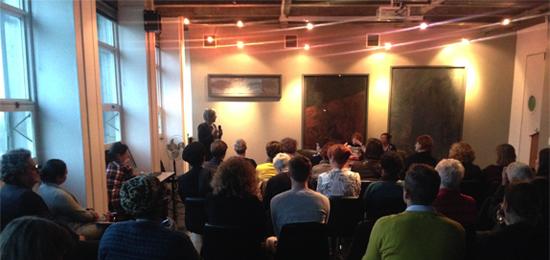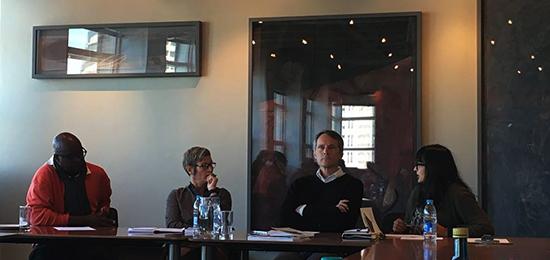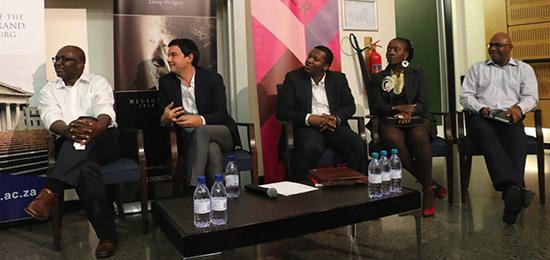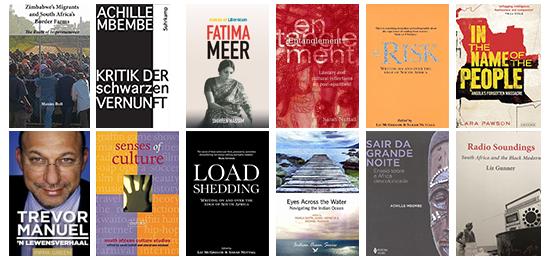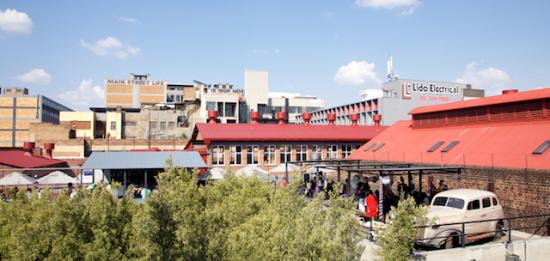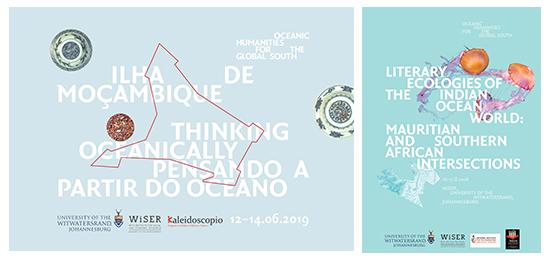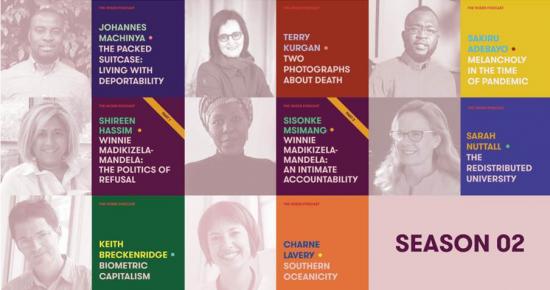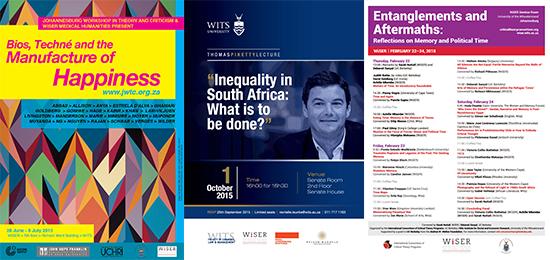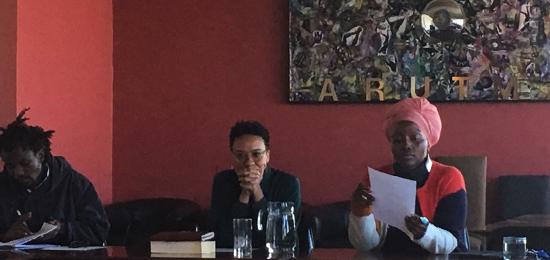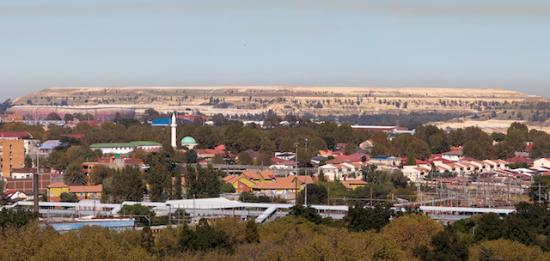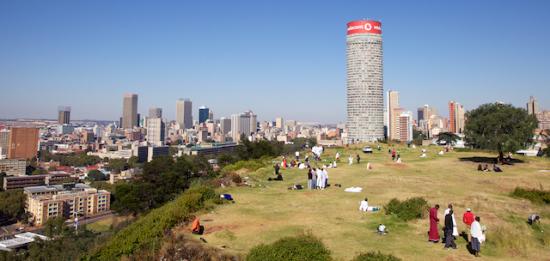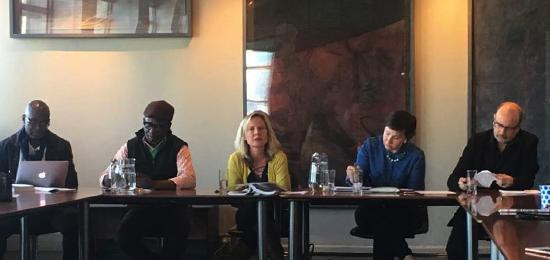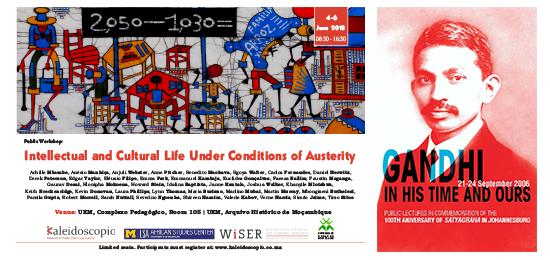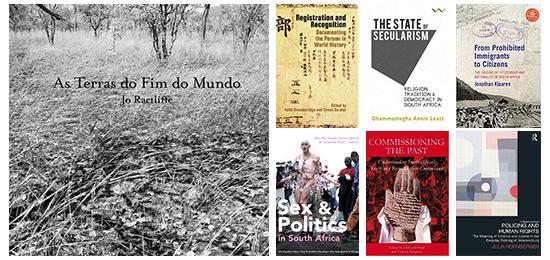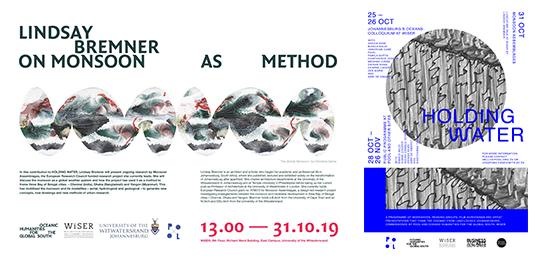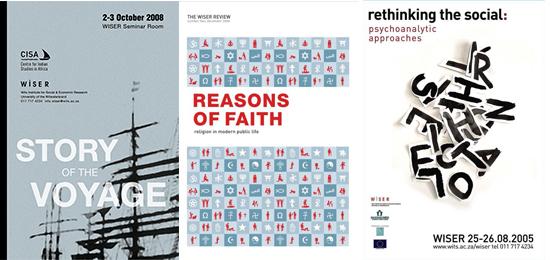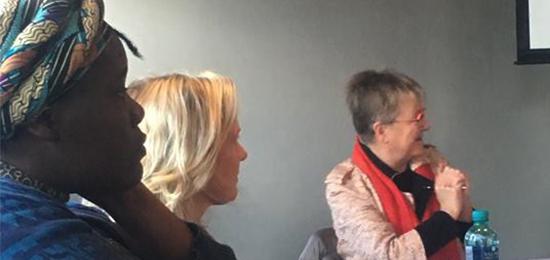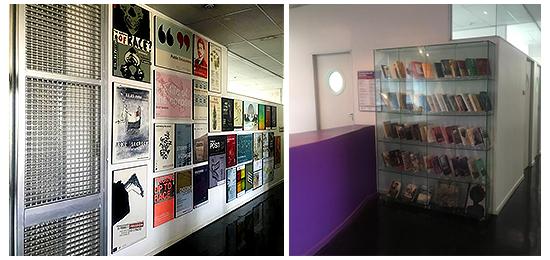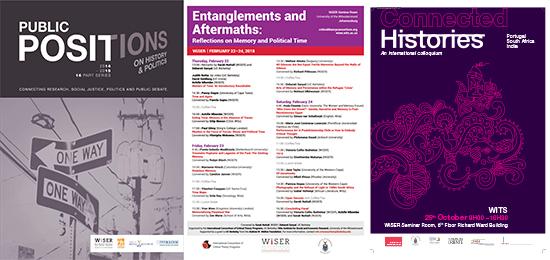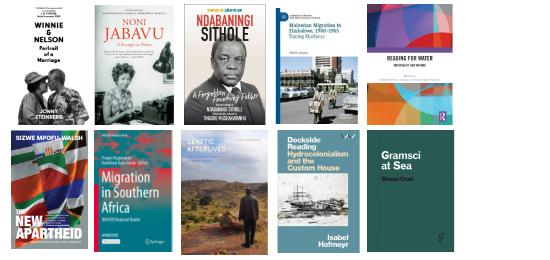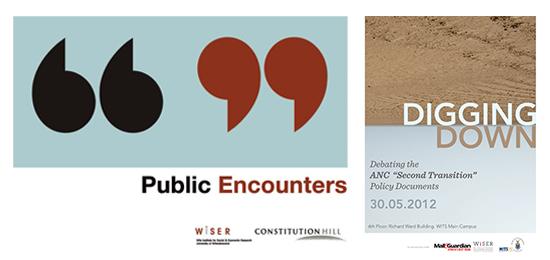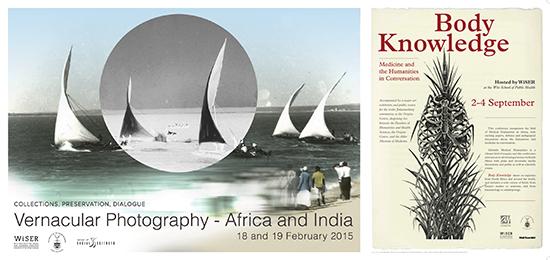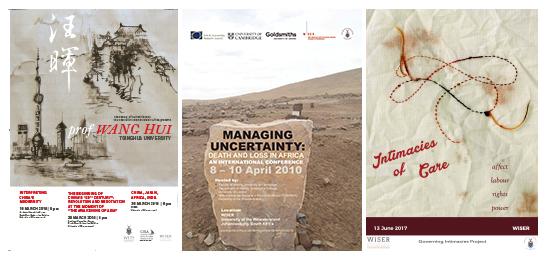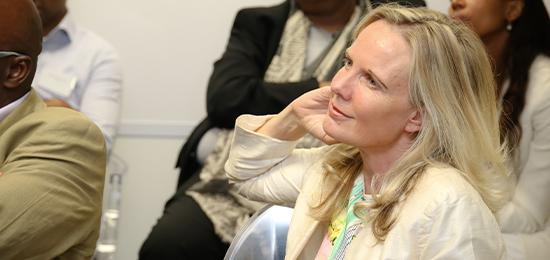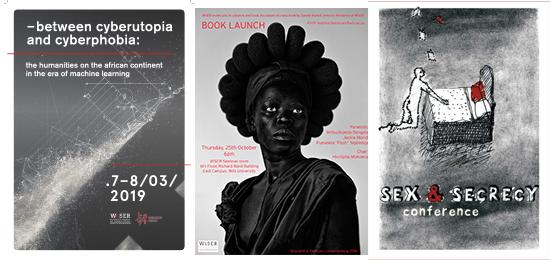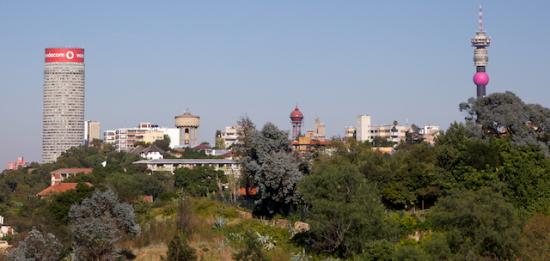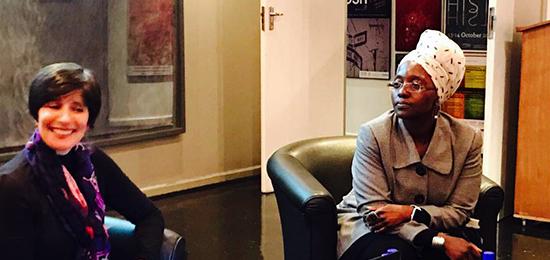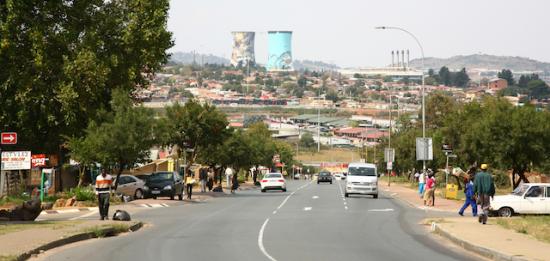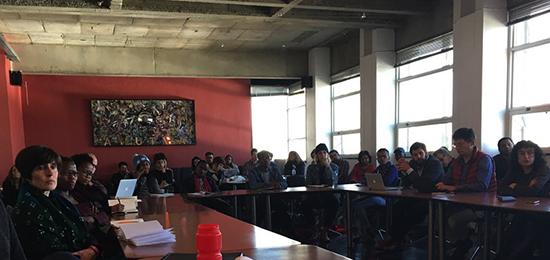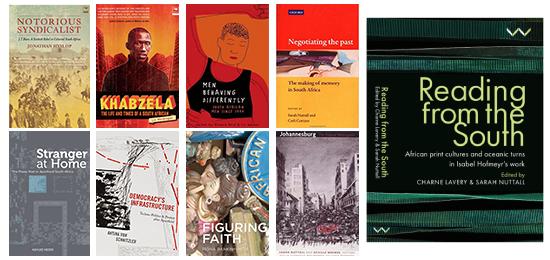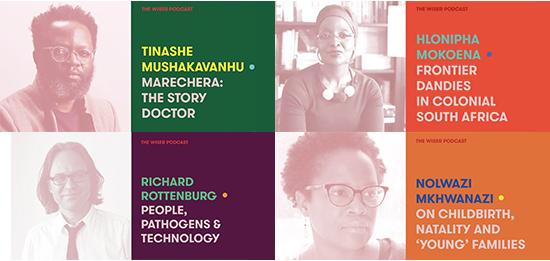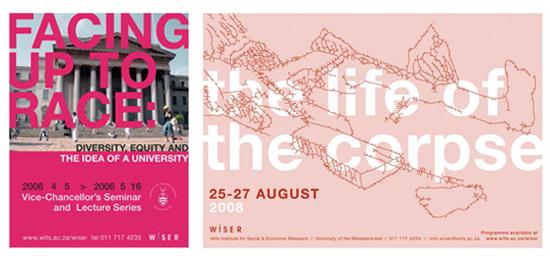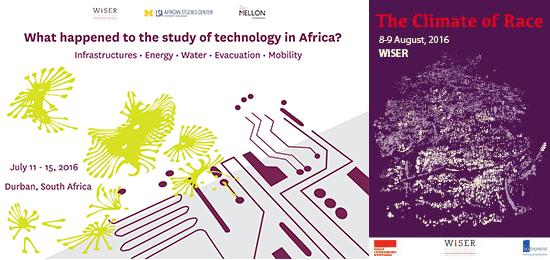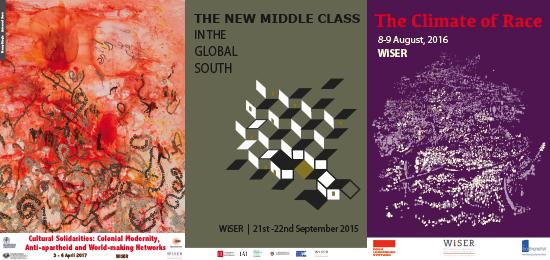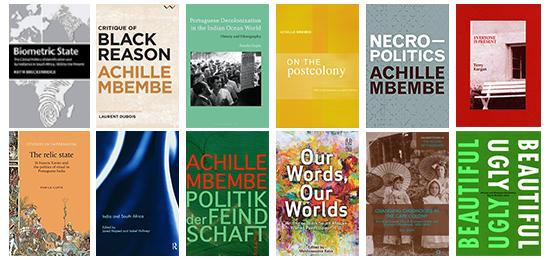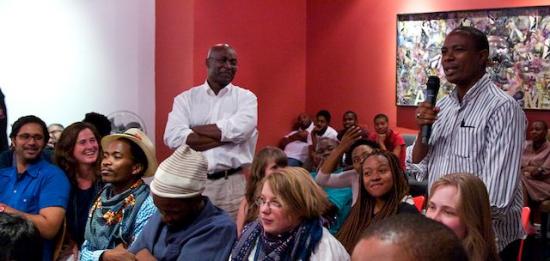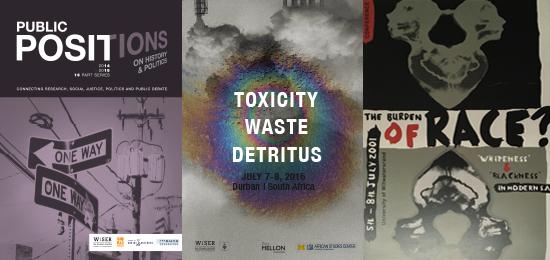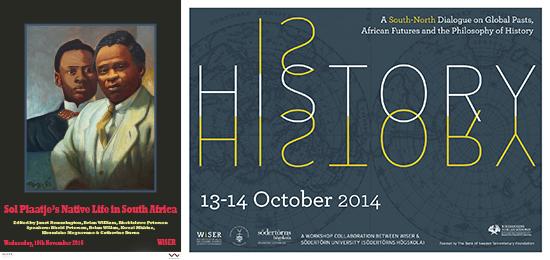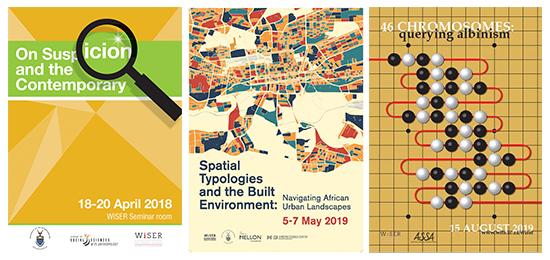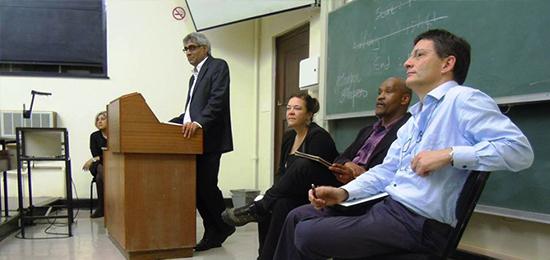Science, Technology and Society in Africa
![]() Click here for information on the upcoming STS Workshop at WiSER, Mapping Science and Technology in Africa: Traveling Technologies and Global Dis\orders.
Click here for information on the upcoming STS Workshop at WiSER, Mapping Science and Technology in Africa: Traveling Technologies and Global Dis\orders.
The Network for Science and Technologies Studies in Africa (STS-Africa) connects scholars from all over the world working with Science and Technologies Studies on historic and present processes of techno-scientific innovation, governance and related processes of signification in Africa.
The impact of Science and Technology Studies (STS) in Africa is rather limited – with some exceptions in South Africa. Very few university programmes exist that apply STS approaches to teaching or research activities, and if such programmes exist they often lack crucial financial and material resources. Moreover, in comparison to other continents, until recently no professional association or network of people existed that engages in discussions or stimulates research. Such lacks are continuing despite the fact that STS approaches do not only serve an academic purpose, but also have a practical bearing on various recent developmental enterprises.
Doing STS in and on Africa also utilises productive differences. Difference is not meant to draw an essentialist distinction between Africa and other world regions or to deny historical, societal, linguistic and environmental dissimilarities within the continent. It rather refers to shared characteristics of African contexts like the historical experience of colonialism, the prevalence of under-resourced and fragile official institutions, environmental and human-induced insecurities, or their similar position in a global politico-economic order (e.g. aid dependency, primary product provision), which, after all, make a difference. Fostering STS in Africa also means addressing a lack of empirical knowledge on science and technology. In return, such a research endeavour should foster methodological and theoretical innovation within STS. This project gives space for a critique and relocation of approaches within the discipline as well as the possibility to test and rework some of its established conceptual tools.
Most of the established canon in STS as well as recent research in the field concentrate on Euro-American techno-science. STS-scholars almost exclusively focus on the centres of western scientific knowledge production, thereby neglecting large parts of the world. However, right from the beginning the development of modern knowledge, technologies, modes of production or regimes of governance were intimately connected to contacts, visions and exchanges with Africa. While Africa has, in a particular way, always been central to what has been called the modern, it was and still is cast as marginal to it. In contrast, from the Congolese Uranium starting the Manhattan Project to medical data mined in the wake of contemporary AIDS treatment programmes, African techno-scientific products are deeply implicated in global trajectories and forms of life. The conference will therefore focus on forms of interconnectedness and co-constitution, e.g. figurations of global exchange, trans-contextual transfers, or the distributed and globalised character of knowledge production and technology design.
In these circumstances, we argue that a STS perspective on Africa should not only aim to understand the physical and social changes that science and technology provoke in particular African settings, but also the ways in which these settings re-configure the complex processes that drive science and technology in a globalised world.


